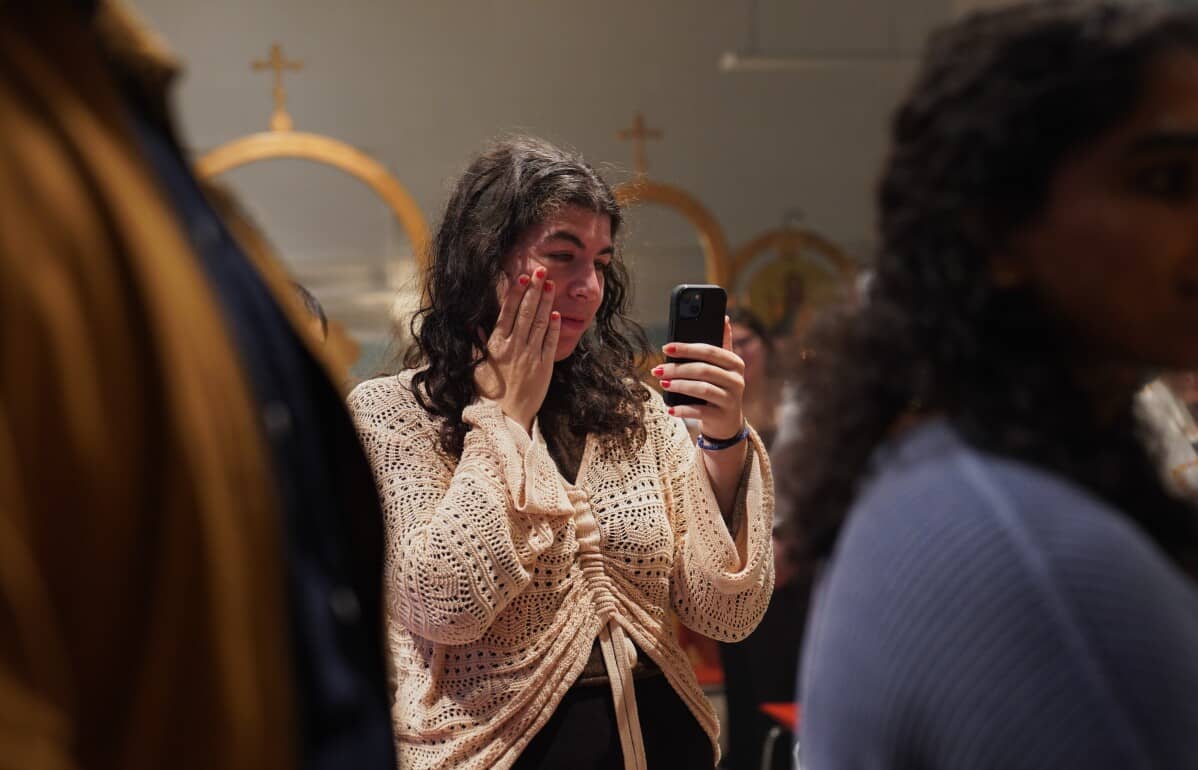70. Pastoral care should propose with clarity the evangelical message and collect the positive elements present in those situations that still do not yet correspond to it, or no longer do so. In many countries, a growing number of couples live together, without any marriage, either canonical or civil. In some countries, traditional marriage exists, worked out among families and often celebrated in different stages. In other countries, however, the number is growing of those who, after living together for a long time, ask for the celebration of a marriage in Church. Simply living together is often chosen as a result of a general mentality contrary to institutions and to definitive commitments, but also while waiting for existential security (work or a fixed salary). In other countries, moreover, de facto unions are becoming ever more numerous, not only for the rejection of the values of marriage and family, but also for the fact that getting married is perceived as a luxury, because of social conditions, so that material misery drives [people] to live in de facto unions. All of these situations should be faced in a constructive manner, seeking to transform them into opportunities for a path of conversion towards the fullness of marriage and the family in the light of the Gospel.
Section 70 was adopted by a vote of 231 to 47.

















